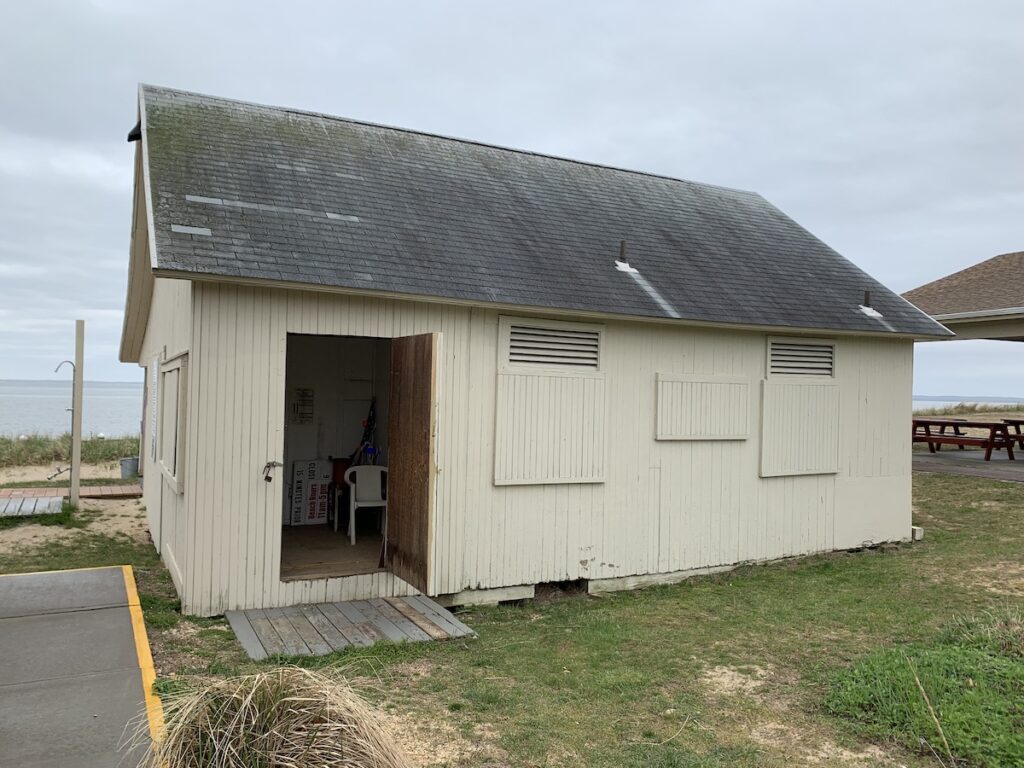Guest Spot: Zeldin doesn’t support lower property taxes

Our representative in Congress is supposed to listen to the working people of Long Island and put our interests first. Last week, Rep. Lee Zeldin once again failed to live up to this duty.
As I travel throughout our district and talk to residents, I hear again and again that the cost of living on Long Island is too high, almost prohibitive. We all know the stories of bright young people moving elsewhere after college or military service because they can’t afford to come back home, or because they can’t afford to stay here. And I have heard disheartening stories from retired people who raised their families on Long Island and cannot afford to remain in their homes because it’s too expensive to live here.
The struggles of Long Islanders, the many stories, are why Lee Zeldin’s complicity this week in refusing to join a bipartisan push to unwind a major tax increase on Long Island homeowners is so troubling. Until 2017, state and local taxes were fully deductible against federal income tax. The SALT deduction — a relief from the burden of double taxation is especially important in middle-class in areas with high property taxes — was of significant help in making Long Island a more affordable place to live and raise a family. In 2017, a Republican Congress imposed a limit on the SALT deduction as part of a plan to reduce taxes on the most wealthy Americans. Zeldin initially voted with his party to greenlight the plan, and ultimately did little to fight it.
In NY-1, the average SALT deduction before the 2017 law was $18,000. Under the new law, the SALT deduction is capped at $10,000/year, which means the average person in NY-1 is now required to pay federal taxes on $8,000 more of their income. For most of those affected, the itemized deduction including SALT, charitable expenses and mortgage interest is higher than the new standard deduction.
The GOP tax bill effectively doubled the burden of state and local taxes. In effect, millionaires in states with low SALT are being subsidized by middle income taxpayers in high SALT states, such as New York, New Jersey, Maryland and California. The states most affected by the SALT cap already pay more dollars to the federal government than we receive back, low SALT states typically receive more from the federal government than they pay. New York is a “donor state” to the federal government. The SALT cap is basically a regional redistribution of wealth.
Last week, Rep. Tom Suozzi, joined by 52 co-sponsors, including Rep. Peter King and several other New York representatives (including Republicans), introduced a bipartisan bill to help Long Islanders pay less in taxes by removing the SALT cap, to be paid for by restoring the tax rate to pre-2017 tax levels for people in the highest bracket. The Suozzi bill would reduce overall taxes for most middle-class Long Island residents, so the benefit would be substantial. And those with lower SALT obligations who benefited from the new tax law would not be adversely affected. Where was Lee Zeldin? He refused to co-sponsor the bill, citing a need to protect the tax rate for people in the high bracket. Lee Zeldin is more interested in protecting millionaires than NY-1’s middle class.
Significantly, the SALT cap impacts more than just the taxes we pay. By effectively raising our property taxes, the SALT cap lowers the value of local homes and depresses our economy because people have less to spend. Zeldin’s refusal to participate in the Suozzi bill works directly against the interests of those who live here.
In the 2018 midterm elections, the two New York Republicans who joined Zeldin in the initial vote for the SALT changes, John Faso and Dan Donovan, were not reelected. One can conclude that voters took notice and demanded their representatives work to unwind the SALT cap, and it makes Zeldin’s failure to co-sponsor the Suozzi bill that much more puzzling.
However, if you look at Zeldin’s other recent votes, we should not be surprised by his failure to stand up for his constituents. A few weeks ago, Zeldin voted against blocking Russia from readmission to the G-7, a vote where he was in the minority of his own party. He also last week voted against a House bill to reduce prescription drug costs.
Whose interest is Zeldin serving? Certainly not the middle-class residents of Long Island. We need bipartisan leadership in Congress. Rep. Lee Zeldin is not providing it. He is failing us.
Perry Gershon is a Democratic Party candidate for the 1st Congressional District.








